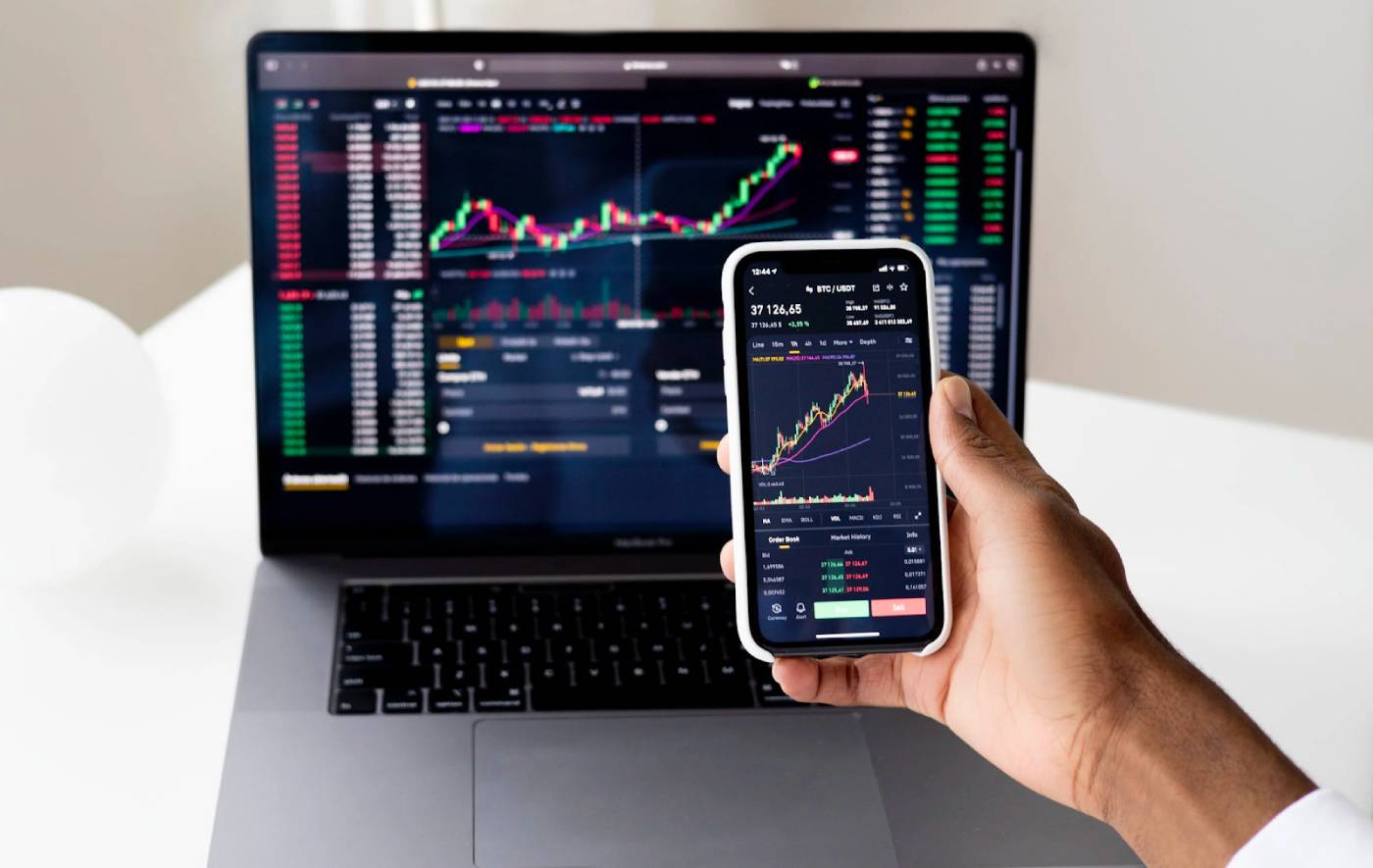According to a recent poll, about 66% of Americans check their bank balance daily or weekly. Regularly checking your balance is one of the best ways to spot errors or fraud and ensure you aren’t overdrawing your account. However, there is more to managing your money than simply keeping an eye on your balance. A personal finance app can help you reach your financial goals in the following ways:
1. Keeps Your Personal and Business Finances Organized
If the only account you have to keep track of is your checking account, staying organized is easy. However, most people have a checking account, savings account, investment accounts, retirement accounts, and lines of credit to keep track of. A personal finance app can help you organize all of your accounts. This is particularly important for business owners.
If you have a business that is structured as a limited liability company or corporation, intentionally or accidentally commingling your personal and business finances can result in the loss of the personal asset protection that comes with those business structures. To avoid this, it is vital to maintain your personal and business funds in separate bank accounts. A personal finance app can help you keep track of multiple bank accounts.
2. Helps You Avoid Late and Overdraft Fees
You will probably be charged a fee if you forget to pay a bill or accidentally overdraw your account. These fees can quickly add up and make it difficult to get back on track. Personal finance apps keep track of your balance and your due dates and can send you notifications when it is time to pay a bill, or your balance is getting low. This gives you time to make a payment or transfer money before you owe fees.
3. Helps You Reach Your Financial Goals
A personal finance app can help you set and stick to a budget. It can also help you reach savings goals, such as saving up to buy a home. You can use online affordability calculators to determine what your monthly mortgage payment will be at different price points, down payments, and interest rates. You can then set savings goals in your finance app for your down payment, first few months of mortgage payments, closing costs, and moving expenses.
4. Keeps Track of Your Expenses
If you don’t keep track of what you are spending your money on, it can be easy to waste funds on food you don’t eat, clothes you don’t wear, or subscription services you never use. When you track your expenses, you can spot unnecessary items that are draining too much of your resources and eliminate them.
How to Choose the Best Personal Finance App for You
Factors to consider when choosing a personal finance app are the features of the app, whether the app integrates with other apps you use, user-friendliness, security, and customer support. An app that has tons of features that you won’t use may be unnecessarily difficult to learn. An app that won’t integrate with your online banking tools may force you to manually input a lot of information that you wouldn’t have to with a different app. Because you are dealing with your money, security and customer support are also essential.
It is possible to track your finances without a personal finance app. However, the right app can save you time and make it easier to reach your financial goals whether you’re a business owner, need help buying a home, or just want.
Image via Pexels
